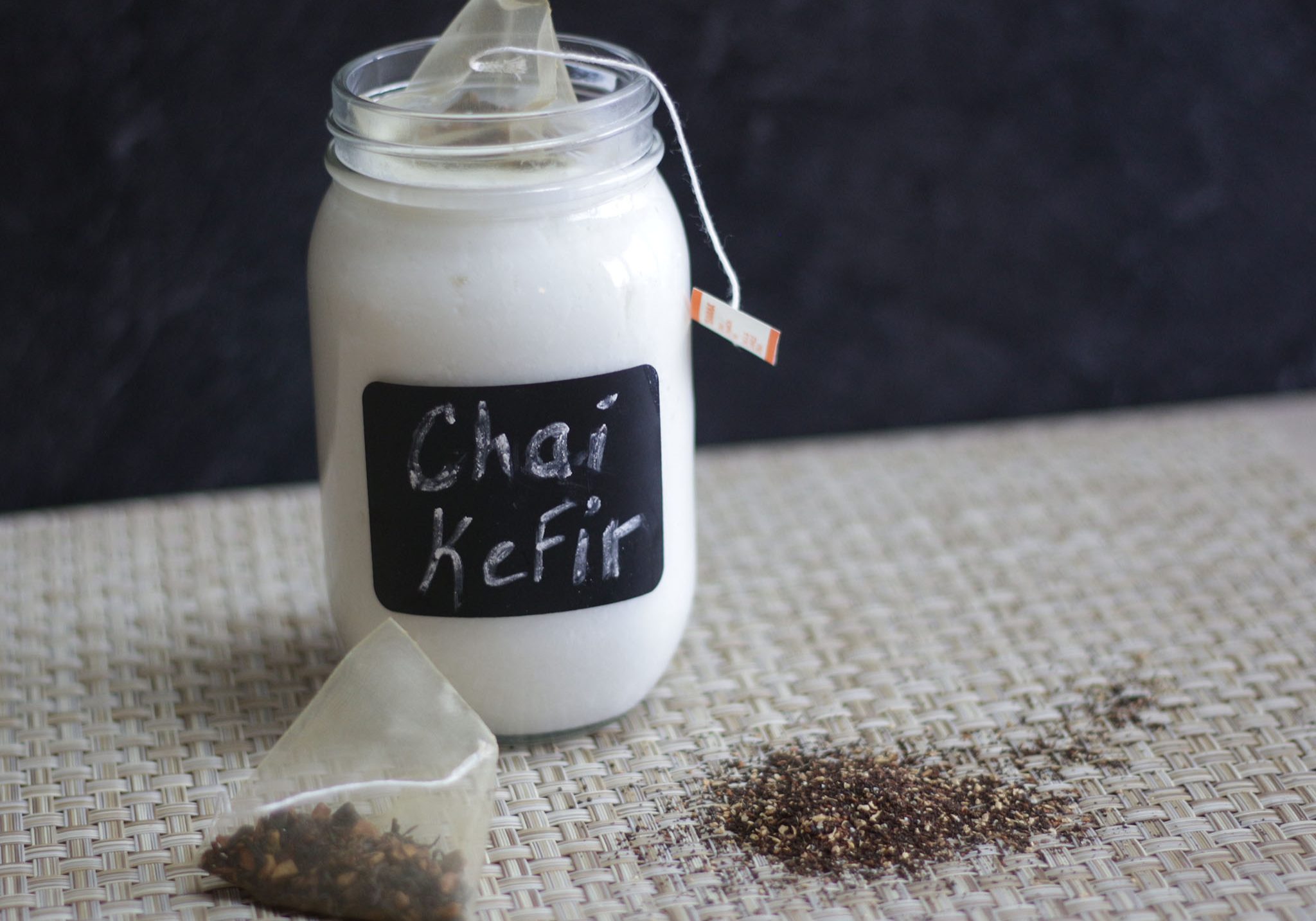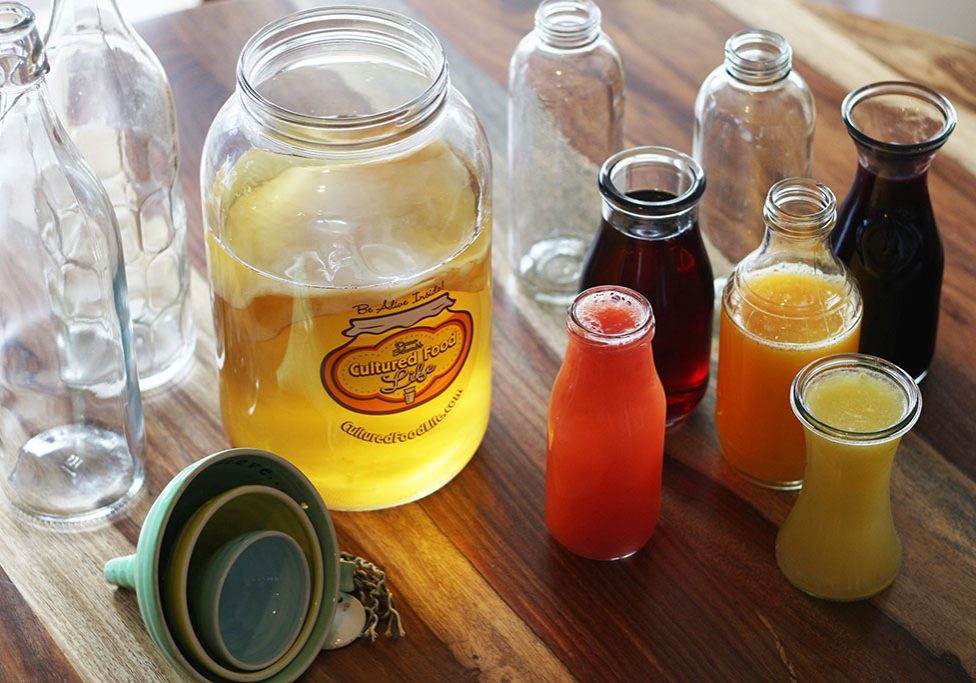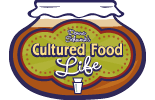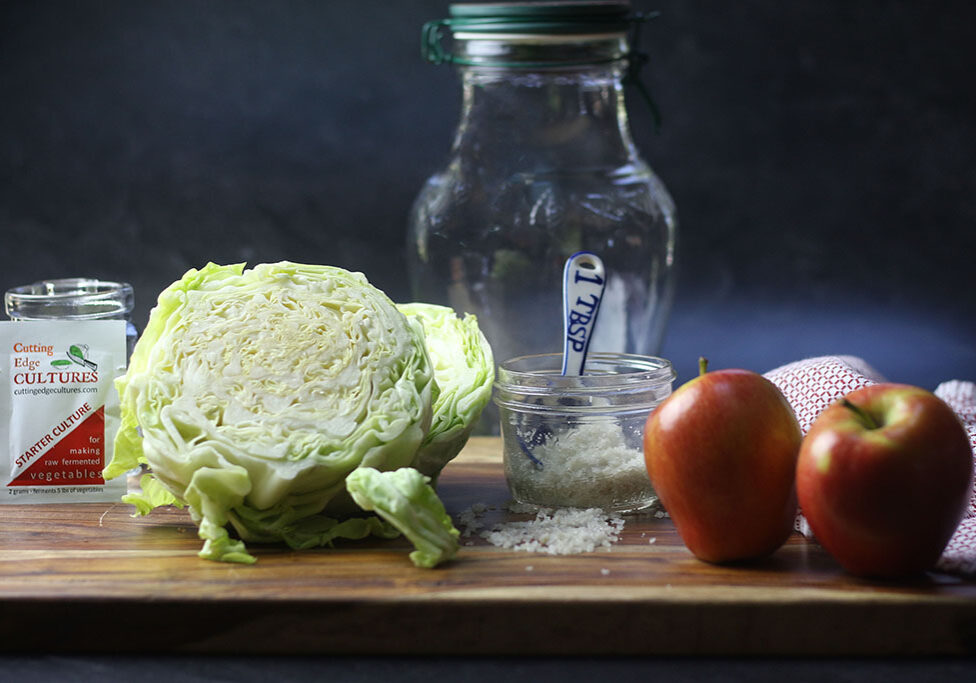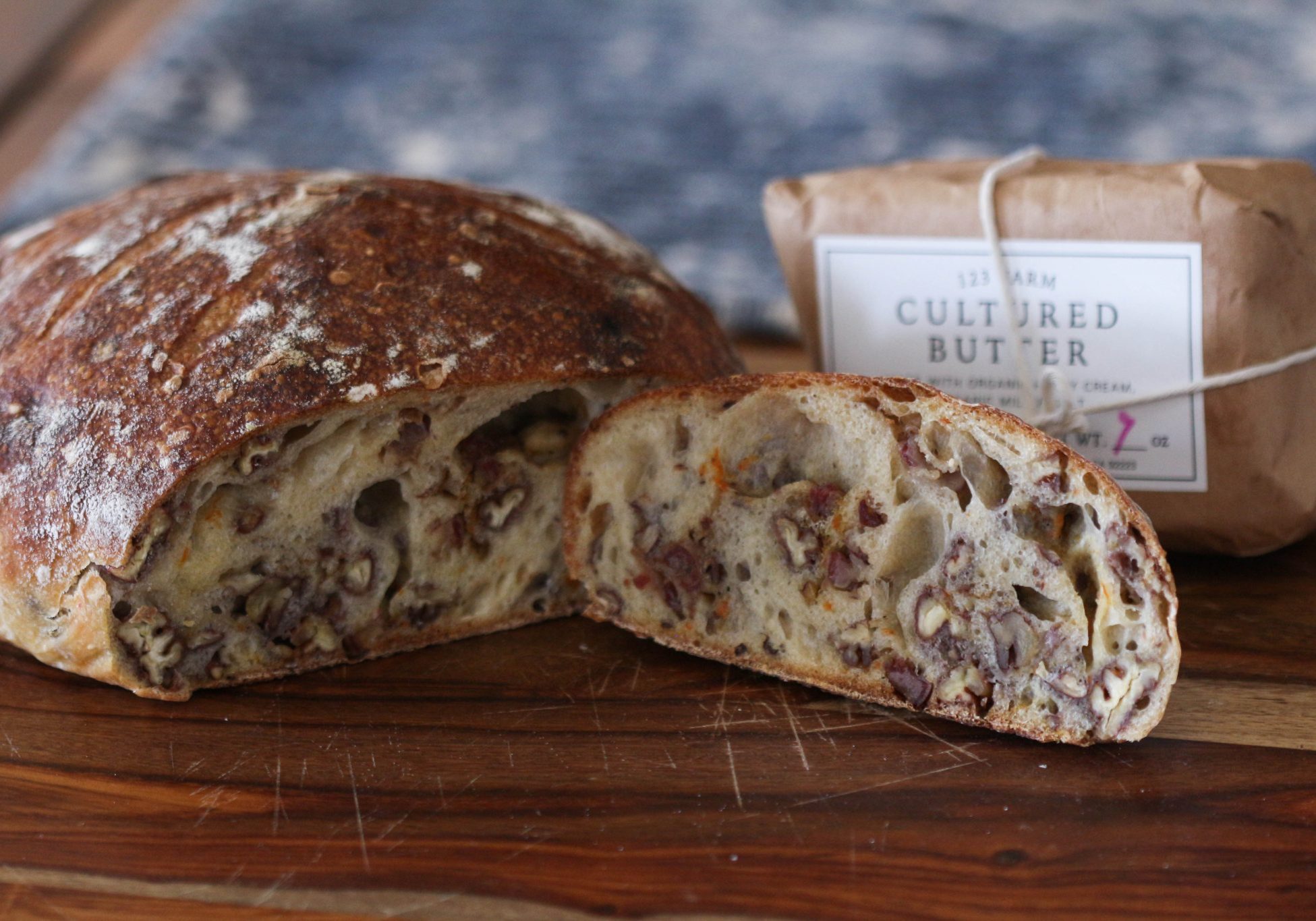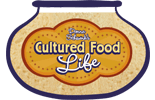
The Many Ways Cultured Foods Detoxify Your Body
Microbes
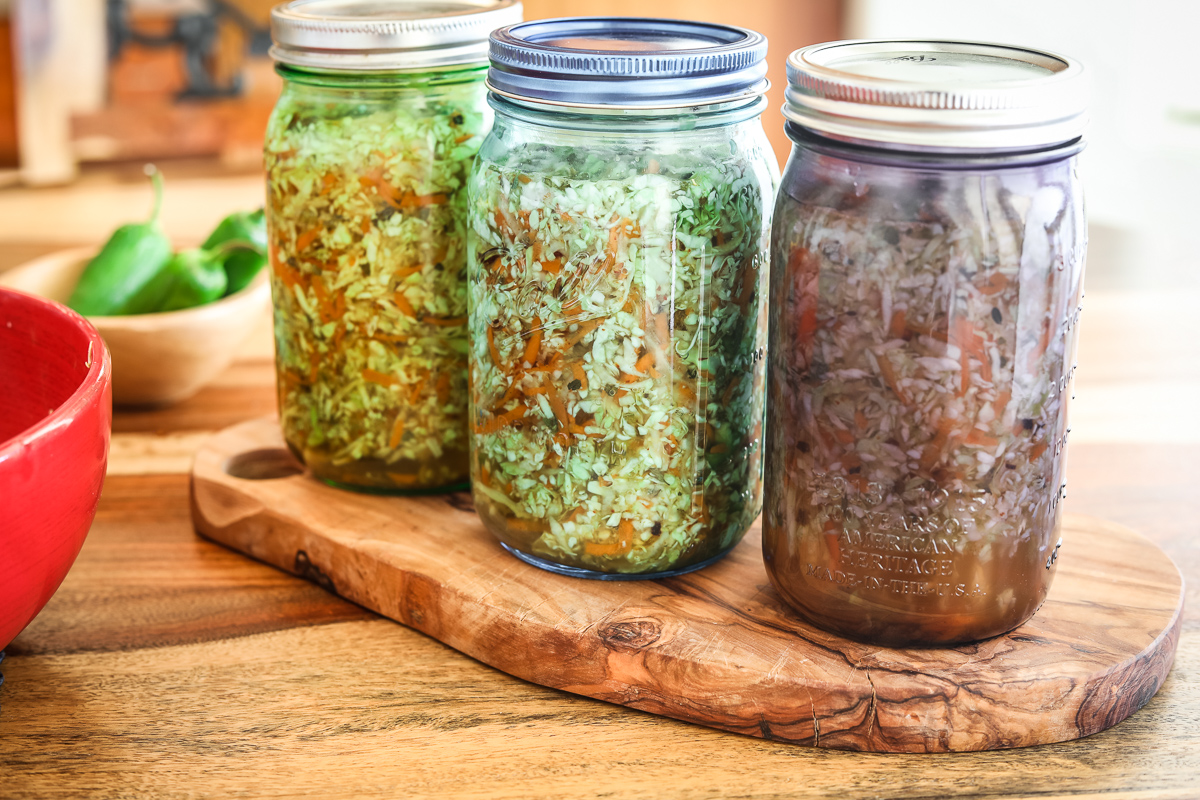 I love my microbes and all they do for me. Not a week goes by that I don't discover something new that my 100 trillion microbes are doing just for me. I used to think that my liver was mostly responsible for filtering and removing compounds from within my body including hundreds of toxic chemicals and extra hormones (like estrogen) that can damage cells and weaken my immune system, but this is only half of the story. Your bacteria in your gut are responsible for 50% of the detoxification that your body undergoes, but if you don't have the right microbes and a lot of them, they can't do their job. So, what do bacteria do to detoxify you?
I love my microbes and all they do for me. Not a week goes by that I don't discover something new that my 100 trillion microbes are doing just for me. I used to think that my liver was mostly responsible for filtering and removing compounds from within my body including hundreds of toxic chemicals and extra hormones (like estrogen) that can damage cells and weaken my immune system, but this is only half of the story. Your bacteria in your gut are responsible for 50% of the detoxification that your body undergoes, but if you don't have the right microbes and a lot of them, they can't do their job. So, what do bacteria do to detoxify you?
Chemicals and Fermentation
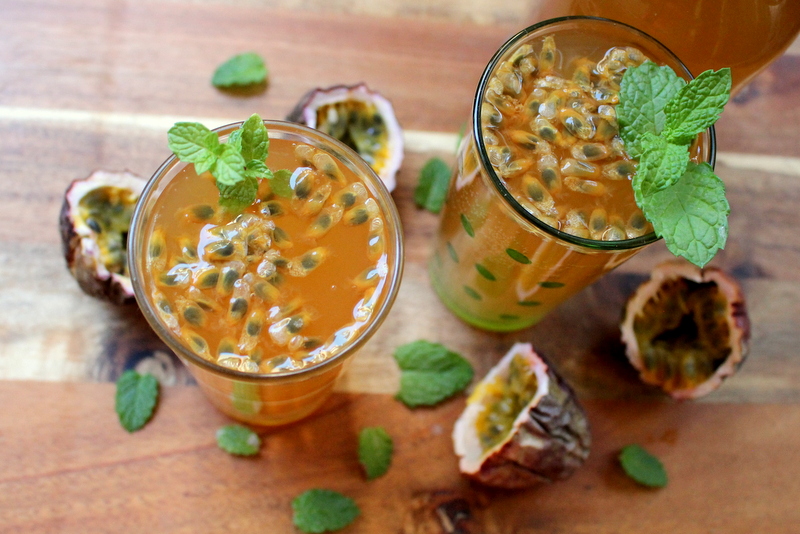
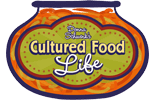
Chemical BPA
The chemical Bisphenol A (BPA) is found in plastics, paper money, and thermal printer receipts. BPA is a powerful endocrine disruptor and has been linked to forty different diseases. But interestingly, animal research has shown that the proper bacteria in your gut can help detoxify this chemical by reducing the intestinal absorption of BPA and speeding it out of your body.1 What's really exciting is that many of the strains of bacteria you need are found in cultured foods. Eat them and they become a part of you!
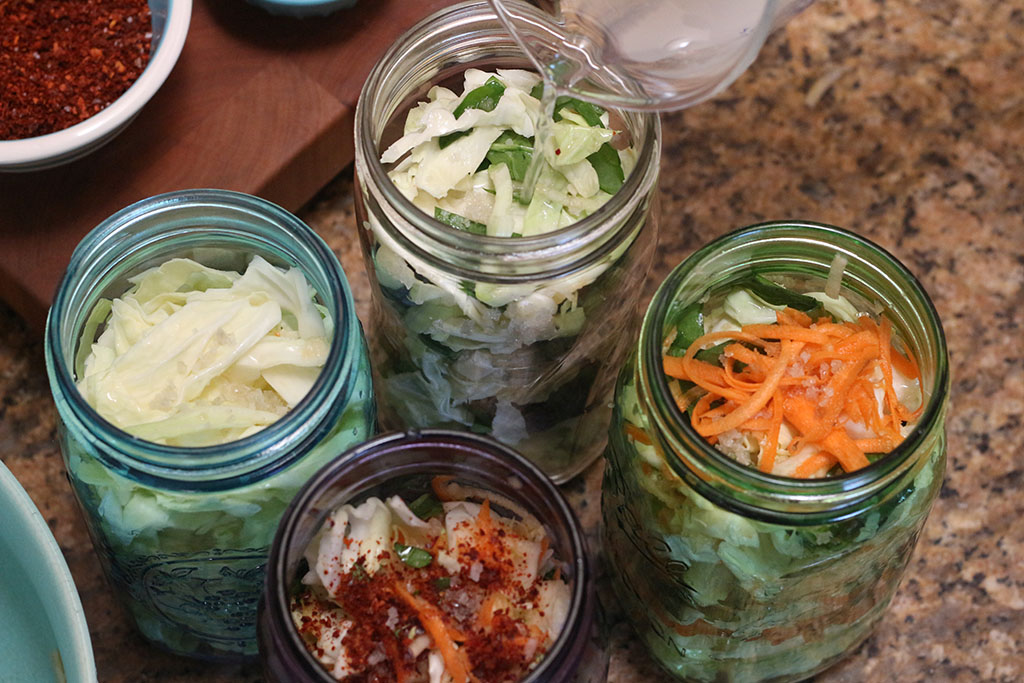

Pesticides
When you make cultured vegetables, specific strains of bacteria go to work that have been shown to degrade many different pesticides in your vegetables such as chlorpyrifos, coumaphos, diazinon, methyl parathion, and parathion. They do this while fermenting on your counter, and the pesticides will be degraded by 83.3 percent in as little as three days. Give it a few more days and they remove them completely.2 The really cool part is that these microbes actually use these hard-to-break-down chemicals as sources of carbon and phosphorous food!
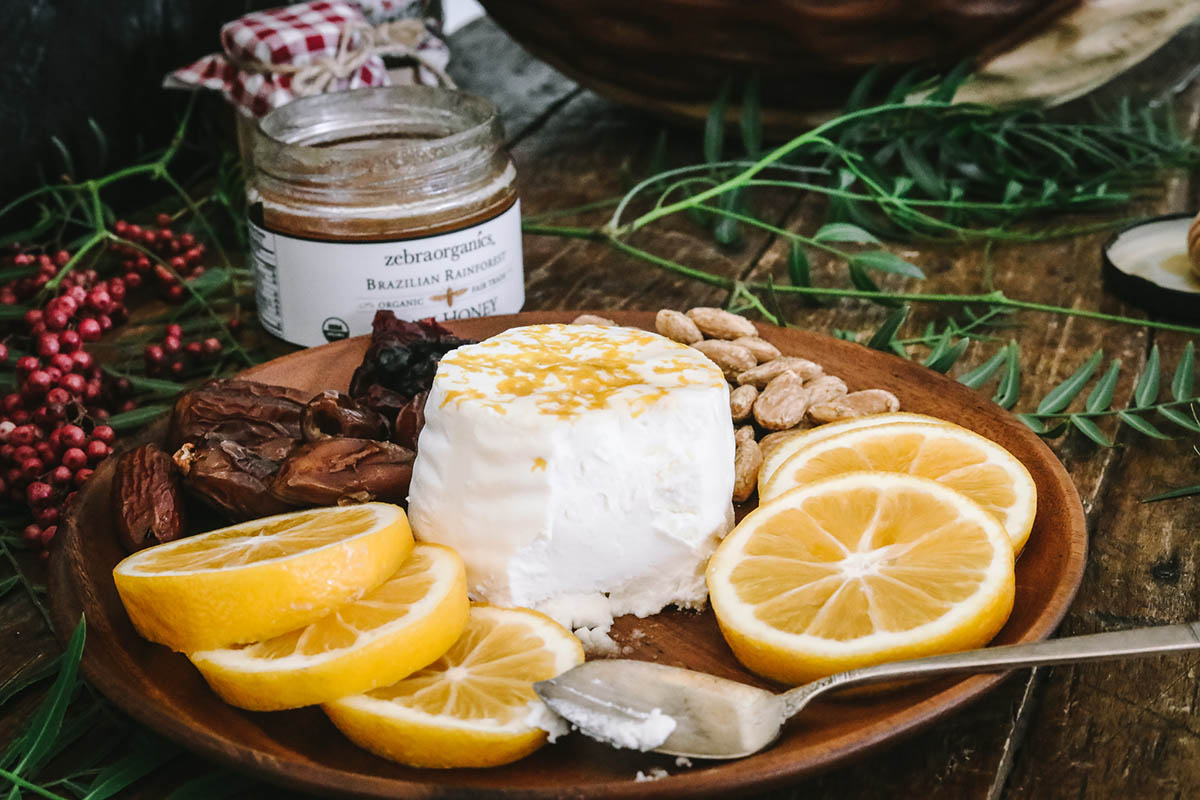
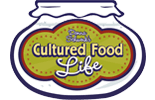
Sodium Nitrate and Heavy Metals
The chemical sodium nitrate is used as a food preservative in cured meats because it contains powerful anti-microbial properties which prevent food spoilage, but it is also used in fertilizer, explosives, rocket fuel, and for enamels made of pottery or glass. Sadly, it's even found in organic food. We can't seem to hide from it and it's been linked to a variety of chronic degenerative diseases, including cancer. However, Mr. lactobacillus and his many friends are capable of breaking down this toxic chemical 3 as well as breaking down heavy metals 4 and heterocylic amines 5 which are compounds formed when meat is cooked at high temperatures.
Cultured Foods Reduce The Toxicity Of Foods
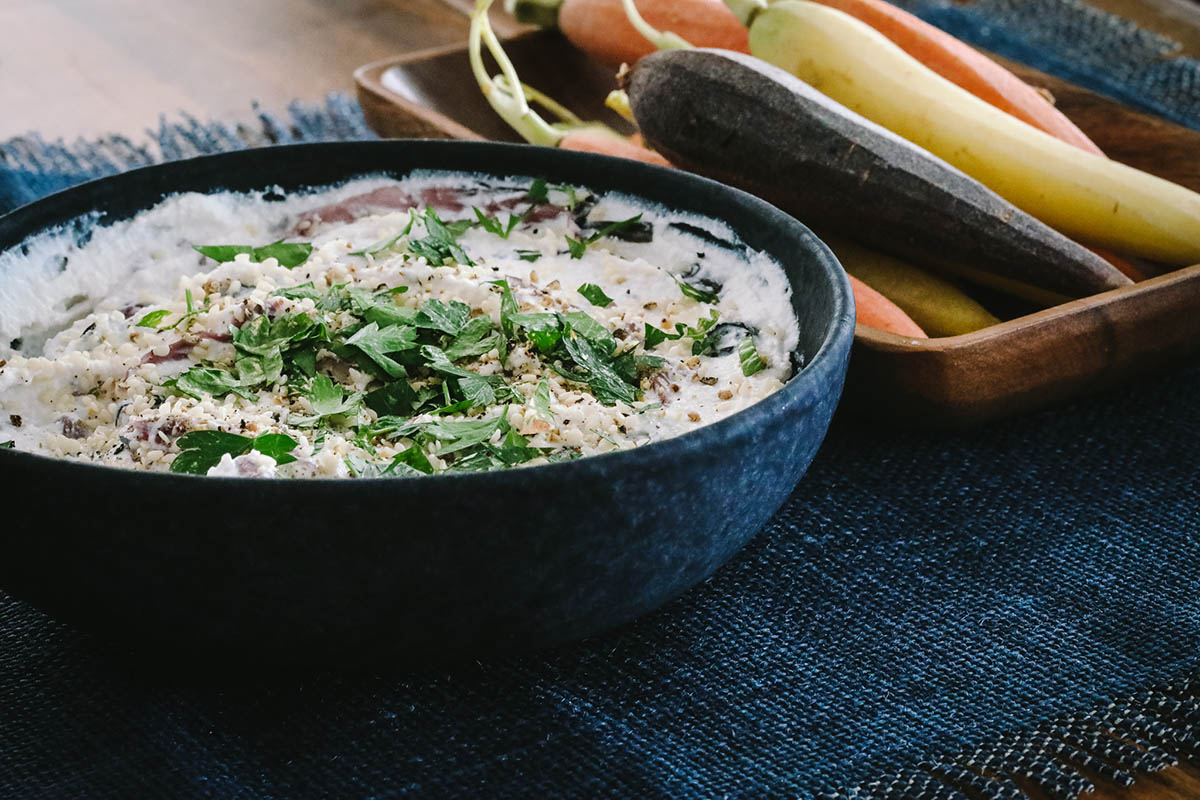 Probiotics found in so many cultured foods, and even in my sourdough bread, possess the ability to reduce the toxicity of foods and help me assimilate many foods I otherwise would struggle to digest. Just as they called in special forces of microbes to degrade and remove the oil spills in the ocean, they'll do the same inside of you and me. But you have to take care of them and feed them, then watch them grow in strength and number to do their jobs. We have just scratched the surface of all they can do, but I encourage you to make some cultured vegetables and keep them on hand. I hope you make kefir daily, and as you drink it you'll feel the wonderful thing you're doing to your microbiome. If you consume bread, make it sourdough that has the help of lactobacillus microbes to transform it. And last, but not least, have some kombucha when you're feeling you need a pick-up. Let them do the work for you and you just take care of them. You'll start speaking of yourself in third person . . . "Would Donna's microbes like this cultured food? I think they would - time to eat!"
Probiotics found in so many cultured foods, and even in my sourdough bread, possess the ability to reduce the toxicity of foods and help me assimilate many foods I otherwise would struggle to digest. Just as they called in special forces of microbes to degrade and remove the oil spills in the ocean, they'll do the same inside of you and me. But you have to take care of them and feed them, then watch them grow in strength and number to do their jobs. We have just scratched the surface of all they can do, but I encourage you to make some cultured vegetables and keep them on hand. I hope you make kefir daily, and as you drink it you'll feel the wonderful thing you're doing to your microbiome. If you consume bread, make it sourdough that has the help of lactobacillus microbes to transform it. And last, but not least, have some kombucha when you're feeling you need a pick-up. Let them do the work for you and you just take care of them. You'll start speaking of yourself in third person . . . "Would Donna's microbes like this cultured food? I think they would - time to eat!"
Listen To My Podcast
I love my microbes and all they do for me. I used to think that my liver was mostly responsible for filtering and removing compounds from within my body but my gut bacteria do 50% of the job. Listen and learn how to help your body and live a healthier life.
References:
- Kenji Oishi, Tadashi Sato, Wakae Yokoi, Yasuto Yoshida, Masahiko Ito, Haruji Sawada. Biosci Biotechnol Biochem. 2008 Jun;72(6):1409-15. Epub 2008 Jun 7. PMID:
- Shah Md Asraful Islam, Renukaradhya K Math, Kye Man Cho, Woo Jin Lim, Su Young Hong, Jong Min Kim, Myoung Geun Yun, Ji Joong Cho, Han Dae Yun. J Agric Food Chem. 2010 May 12;58(9):5380-6. PMID:
- Chang-Kyung Oh, Myung-Chul Oh, Soo-Hyun Kim. J Med Food. 2004;7(1):38-44. PMID:
- Marc Monachese, Jeremy P Burton, Gregor Reid. Appl Environ Microbiol. 2012 Sep ;78(18):6397-404. Epub 2012 Jul 13. PMID:
- Adriana Nowak, Zdzislawa Libudzisz. Eur J Nutr. 2009 Oct ;48(7):419-27. Epub 2009 May 16. PMID:
Are you on the list?
Sign up today and I'll send you my free Getting Started Guide!
Each week I'll send you updates, tips, recipes, and more! You might even be a winner of my weekly giveaway! (starter cultures, memberships, and more!)
Come be a part of my cultured food family!

